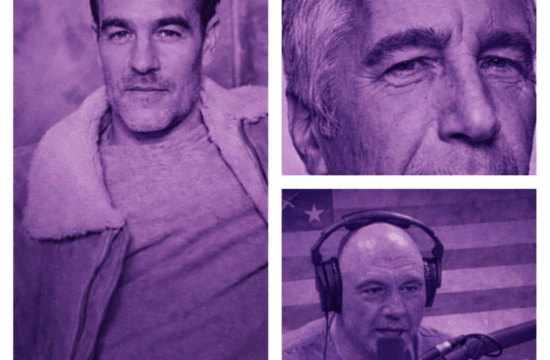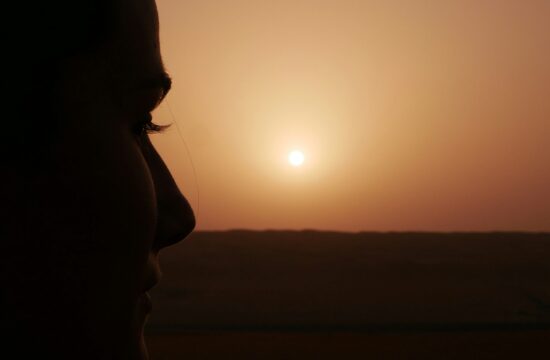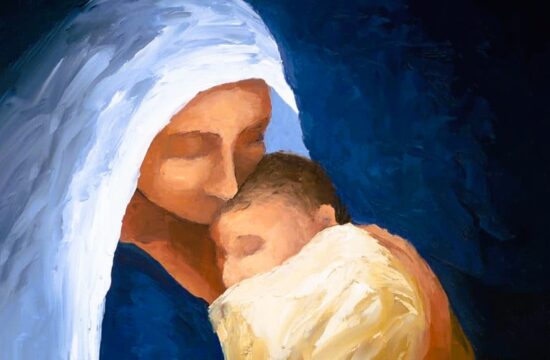Who’s the warning for? That’s the question that’s been running through my mind as I’ve sat with these readings. We hear this Gospel from Luke, and it’s so easy to know who we’re supposed to root for. The rich man lives in comfort, Lazarus suffers at his gate, and in the end, justice is served. There’s almost a sense of satisfaction: the rich man gets what’s coming to him. It’s tempting to nod along, maybe think about how the world could use a little more of that kind of justice, and then move on. Maybe even feel, “Well, that doesn’t apply to me.”
Thank you for taking the time to read this homily for the feast of the 26th SUNDAY IN ORDINARY TIME (September 28, 2025). Your support means a great deal to me, and I’m deeply grateful for the many who share these messages with their friends, families and social media followers. If you’ve found meaning in these words, I’d be grateful if you’d share them with others who might benefit.
And for those who prefer listening, you can find the audio version on SoundCloud HERE or subscribe to the podcast on iTunes HERE. Your comments, messages, and the way you’ve embraced these homilies continue to inspire me. Sincerely in Christ -Father Ji
And if we’re not careful, we’ll let ourselves off the hook. We’ll think, “This Gospel is for someone else. Someone richer. Someone more powerful. Someone more to blame for the pain in the world than I am.” Sometimes, homilists will take this story and go straight to discussing social justice issues — seeing it as a call to focus on poverty, on economic policy, on the need for big, structural change. While its true, the Gospel should always move us to care for those in need. But if we rush to that point, we might miss something Jesus is saying to each of us here and now.
Because the warning here isn’t just about wealth, or even about generosity. It’s about blindness — a willful, everyday blindness to the suffering of another person right in front of us. The rich man knows Lazarus by name. He steps over him every day. Maybe he tells himself, “It’s not my fault Lazarus is here. I have my own problems, my own responsibilities.” Maybe he really does have a whole list of obligations, things that weigh on him. But in the end, they become excuses. They become the fog that lets him forget his own humanity, forget that every breath he breathes is a gift, and that every comfort and security he enjoys is a blessing meant to be shared.
We might be tempted to walk away from this Gospel thinking, “That’s not about me.” Maybe we’d never step over someone suffering, or maybe we don’t see ourselves as especially wealthy or powerful. Maybe we imagine this warning is for someone else, somewhere else—someone whose life looks very different from our own.
But then the Church puts the prophet Amos in front of us for the second week in a row. In the first reading today, we hear how the prophet stands up and paints a picture that’s almost too vivid: people sprawled on ivory couches, eating the best food, anointing themselves with precious oils, and—this detail always strikes me—drinking wine not from glasses, but from bowls. It’s tempting to hear that and laugh it off. “I’m not lying on a bed of ivory. I have a glass of wine now and then, but I’m not drinking from a bowl.” It’s easy to put some distance between us and those warnings, to decide that Amos was talking to people long ago, with bigger problems and harder hearts than ours.
But should we? Amos wasn’t just calling out ancient Israel for their comfort and blindness. He was speaking to anyone—then or now—who lets their blessings become an excuse for ignoring someone else’s pain. Anyone whose comfort makes them numb. Anyone who thinks, “the suffering of others isn’t really my concern.”
Amos isn’t just naming a problem of his time—he’s pointing to a spiritual danger that shows up in every age: the danger of letting comfort dull our hearts. And that same blindness is exactly what Jesus confronts in the Gospel.
In fact, if you look at the bigger context, you see that Jesus has been challenging assumptions left and right. Up to this point in the Gospel of Luke, He’s just finished telling stories about the prodigal son and the dishonest steward—parables that turn everyone’s understanding of God and mercy upside down. And what was the reaction of the religious leaders, the “good” people? St. Luke tells us in verses omitted from today’s reading: they laugh at Jesus. They mock him. They’re convinced none of this applies to them. The message is for someone else, not for them.
It’s unsettling to realize how easily even faithful, religious people can slip into that same mindset of distance and denial. That’s not just a theory for me; it’s something I’ve wrestled with deeply. Back in 2018, when the McCarrick scandal broke—not just here in New Jersey, but across the entire Catholic world—I was overwhelmed by anger, disappointment, and a sense of betrayal. McCarrick had been Archbishop here during my own formative years. He ordained me a deacon and then a priest, and gave me my first parish assignment. The revelations were devastating.
But what haunted me most that summer wasn’t just the headlines. It was the chorus of voices, saying, “We all knew.” How could so many look away? How could so many hear the rumors, see the signs, and do nothing? It’s so easy to fall into the trap of thinking, “That’s someone else’s problem, someone else’s responsibility.” But that moment forced me to confront a harder truth: the call isn’t just to demand accountability from others. The call is to pursue holiness and responsibility in my own life—to be the kind of priest, the kind of person, I want the Church to be.
None of this lets anyone off the hook. We still need real transparency and accountability. But if I want a holier, braver, more compassionate Church, I can’t wait for someone else to lead the way. I have to start with myself.
And this isn’t just ancient history or an issue for the Church. There are moments happening right now that force us to confront our own willingness—or unwillingness—to see and respond to suffering. Just weeks ago, the murder of Iryna Zarutska on a bus in North Carolina made international headlines. The brutality of the attack shocked people around the world. But what might be even more heartbreaking is what happened—or didn’t happen—afterward. As she lay dying, people walked away. They didn’t stop to help her. There was outrage, blame, analysis, but underneath it all, a simple and devastating question: How could so many do nothing? Maybe out of fear. Maybe out of numbness. Maybe just hoping someone else would act.
That’s the temptation Jesus is warning about. It isn’t about money or power or ancient religious leaders. It’s about each of us, every time we’re tempted to look away, to make excuses, to let comfort or fear or busyness keep us from seeing the person right in front of us.
So—who’s the warning for? It’s for me. For you. For anyone who’s ever hesitated, made excuses, or let someone else’s suffering become background noise.
And yet—here’s the good news. Jesus doesn’t deliver these warnings to shame us or to make us despair. He delivers them because he loves us. He tells the truth because he wants more for us. He wants us to see our lives as gifts, to recognize the Lazaruses at our doorstep, to become the people—and the Church—God dreams for us to be: not perfect, but attentive, honest, and alive.
The world does not need more people who are content to look away, who are satisfied with “good enough.” It needs people whose hearts are open, who see their blessings as an invitation, not a shield. It needs a Church that remembers what it means to be truly human: to be moved by compassion, to be willing to act, to be willing to risk something for the sake of another.
If you’re feeling discomfort, if you’re feeling convicted, if you’re feeling like maybe this warning is for you—good. That’s the Holy Spirit at work. Don’t run from it. Don’t excuse it. Sit with it. Ask God what he wants you to see, who he wants you to notice, where he’s calling you to act.
Because in the end, the warning is not about punishment. It’s about possibility. It’s about the possibility of a life lived wide awake, open to grace, open to the needs of others, open to the call to holiness that God has placed on each one of us. It’s about the possibility of a Church and a world where no one is left alone at the gate, where no one’s suffering is ignored, where we see and respond as Christ would.
So may God give us the humility to hear the warning, the courage to see what we’d rather ignore, and the grace to become the people he is calling us to be.
May we never grow so comfortable that we are blind to the suffering at our doorstep. May we never excuse ourselves from the hard work of love. And may we, in our small acts of faithfulness, become the answer to someone else’s prayer for mercy.











